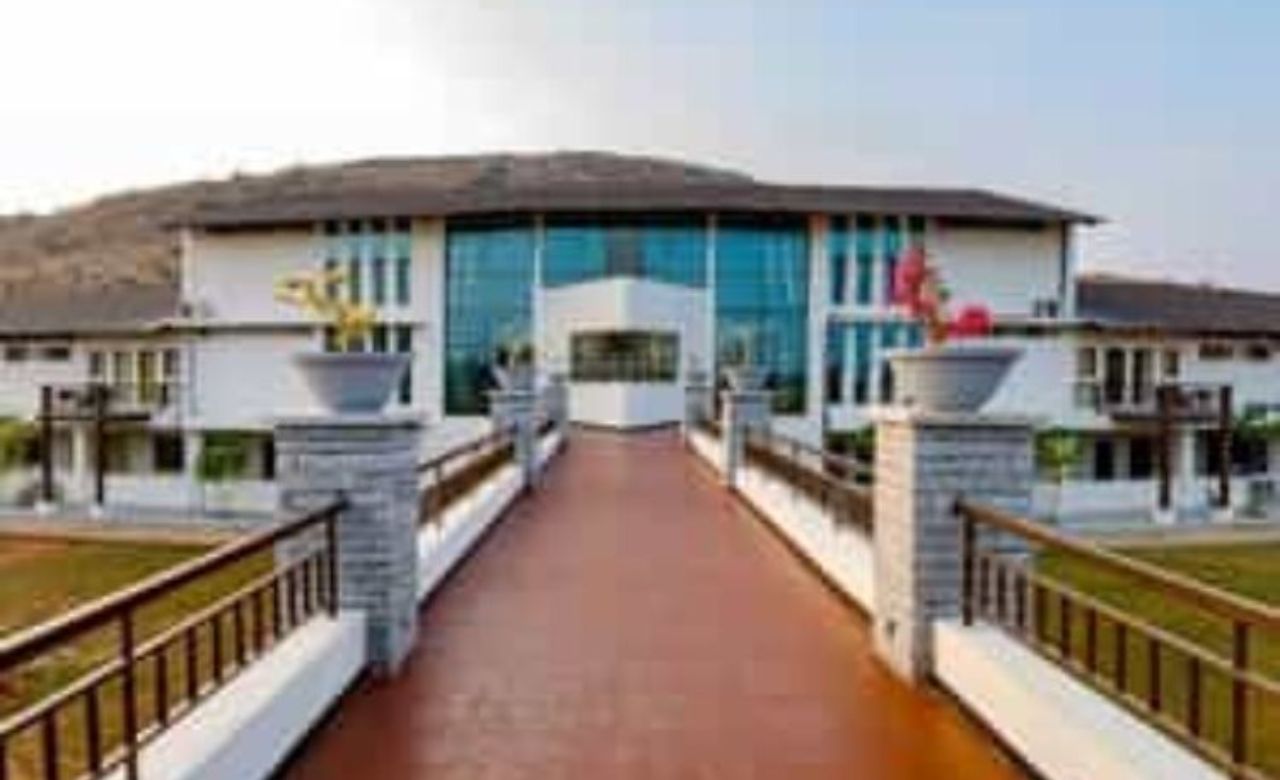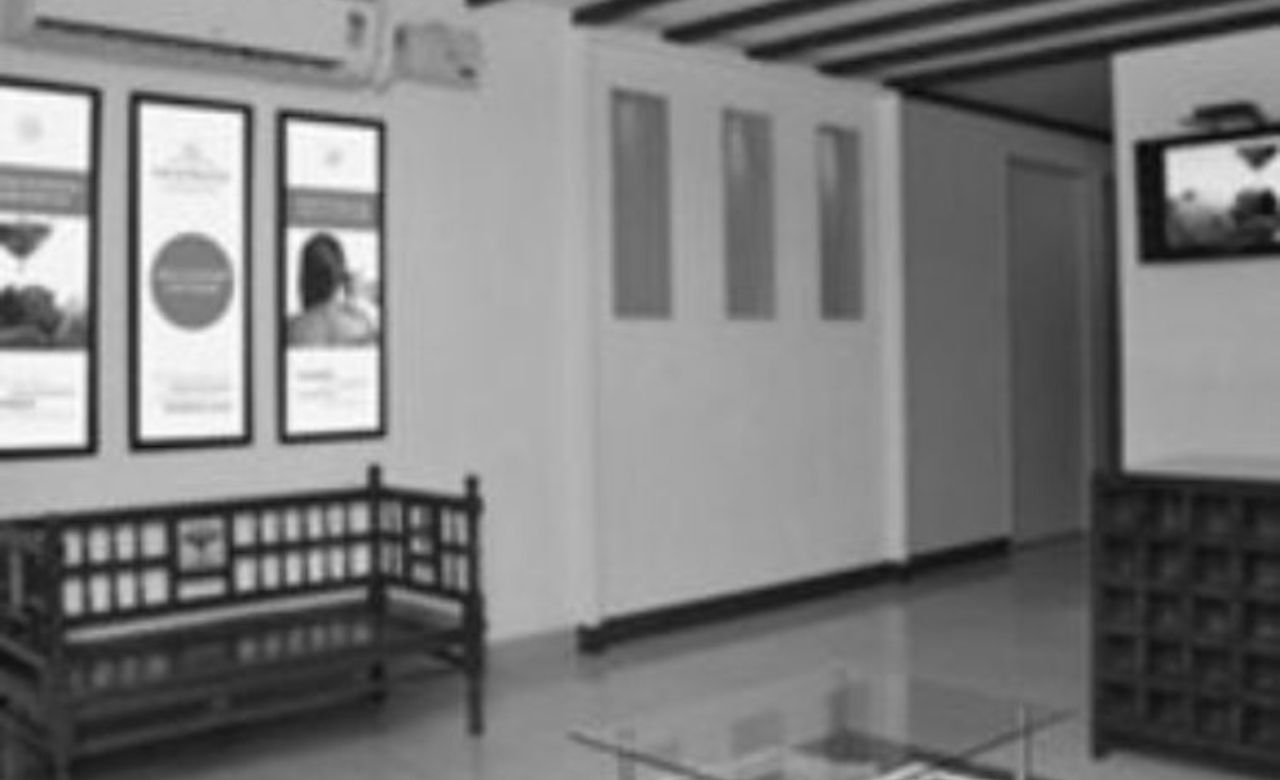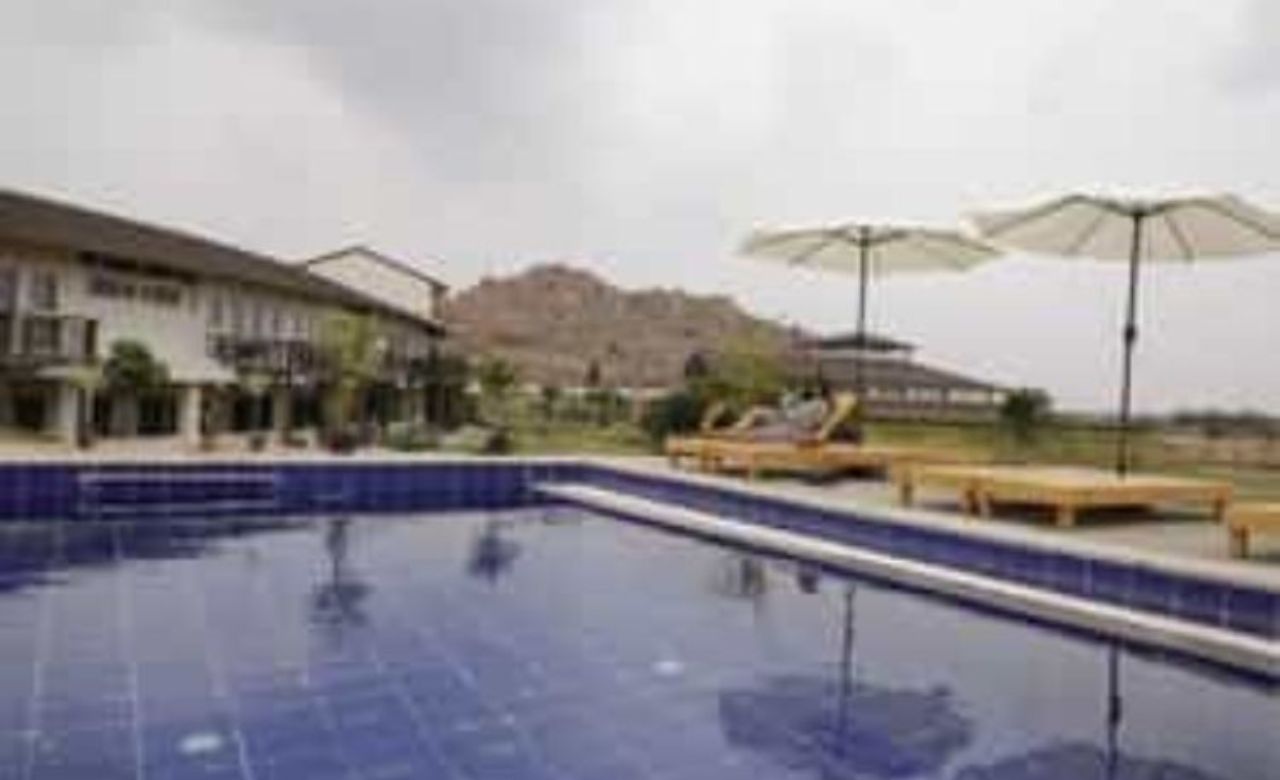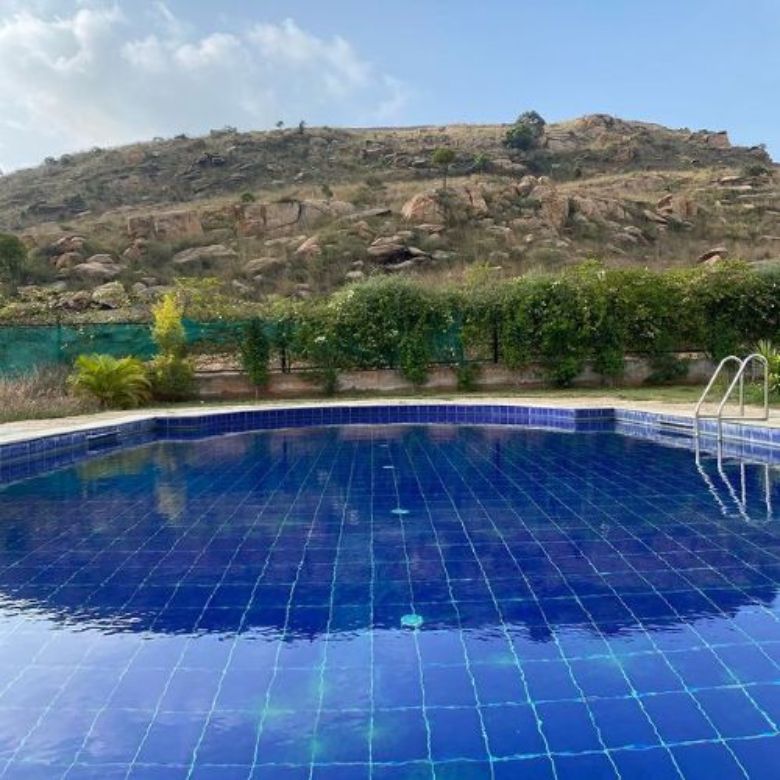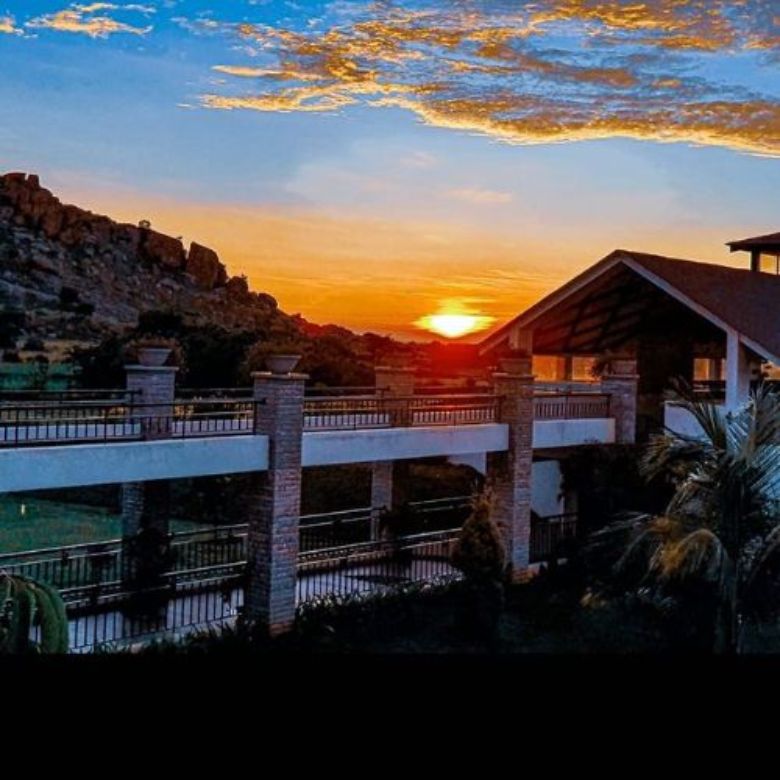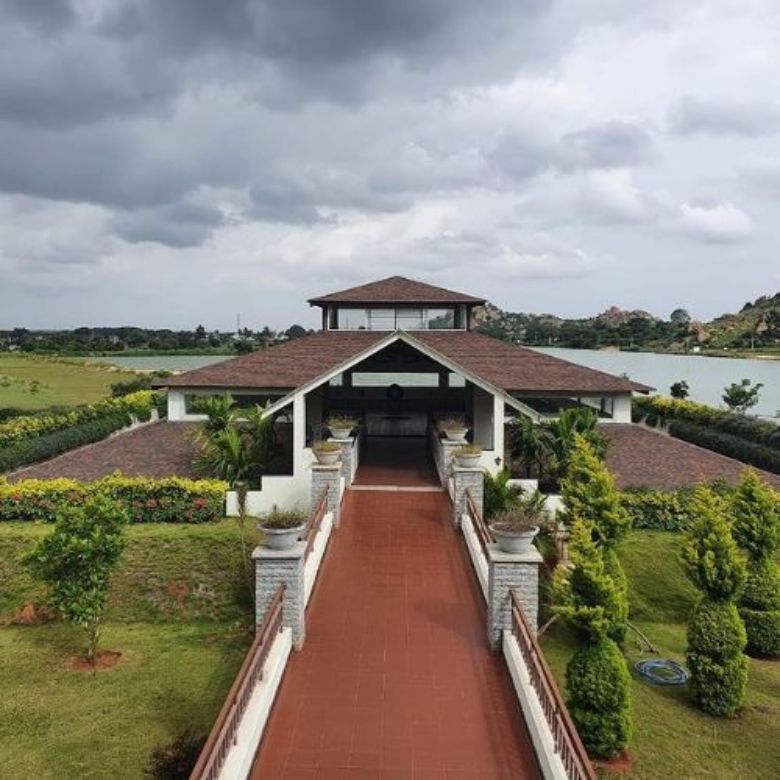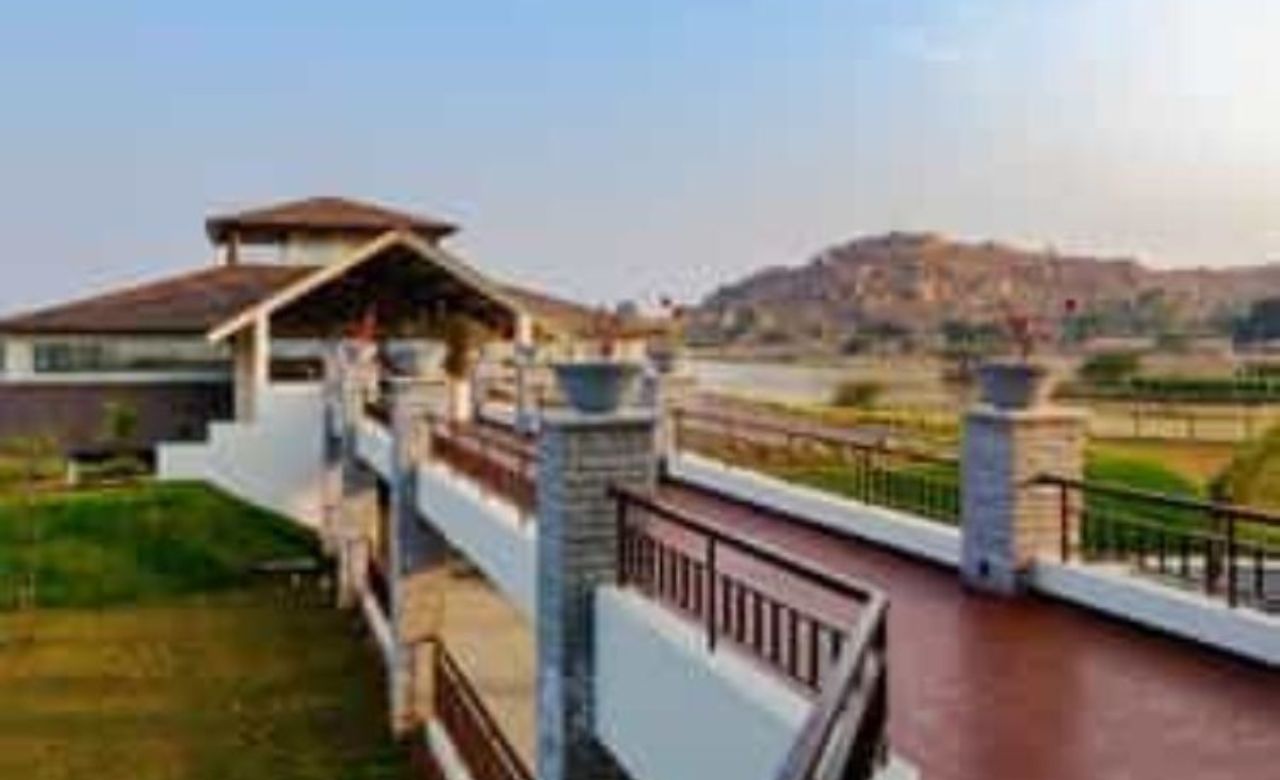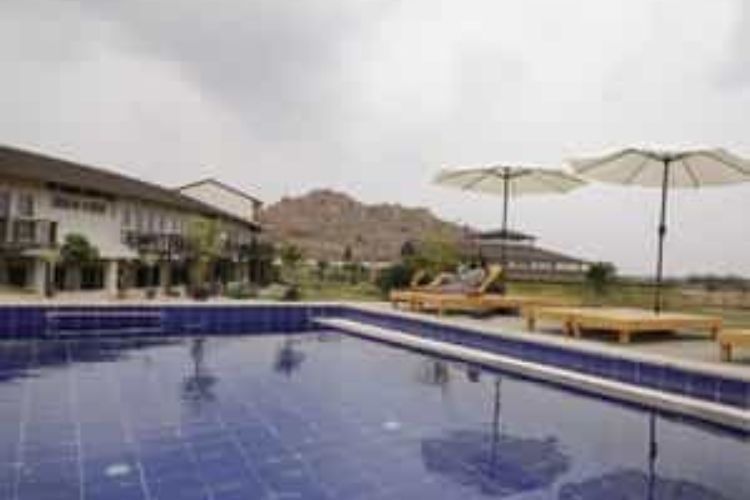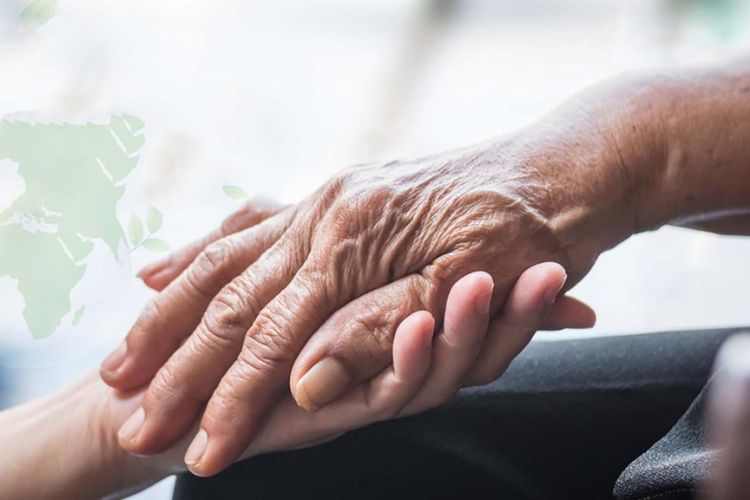Ayurveda for Paralysis
Stroke/Paralysis is defined as the rapid onset of focal neurological deficit resulting from diseases of the cerebral vasculature and its contents. Stroke represents the third most common cause of death in developed nations. The prevalence of stroke in India is approximately 200 per 100,000 persons and 9.94% of total deaths.
In Ayurveda, Paralysis is termed as Pakshaghata which means “paralysis of one half of the body” where “paksha” denotes either half of the body and “Aghata (=paralysis)” denotes the impairment of body movements and mental stability.
Types of Paralysis
- Facial Paralysis – loss of strength and mobility of facial muscles.
- Monoplaegia – loss of strength of one limb.
- Hemiplegia – affecting one side of the body.
- Paraplegia – Paralysis of both legs.
- Quadriplegia – Paralysis of all four limbs.
Hemiplegia is the most common presentation of stroke with paralysis affecting face, limbs and trunk on one side.
Causes of Paralysis
- Brain tumors
- Uncontrolled Hypertension
- Brain injury due to accident or trauma
- Shock
- Brain infection.
Symptoms for Paralysis
- Loss of strength of limbs
- Dropping of eyelid and mouth deviation in case of facial paralysis
- Bowel and Bladder may be affected in severe cases.
- Impaired movement of hands and legs.
- Instability mental function.
- Speech may be affected (slurred speech)
- Vision blurriness or double vision.
- Numbness of limbs.
Diagnosis for Paralysis
- Symptomatic- When you lose a function of your hands or legs
- MRI
- CT-SCAN
Ayurvedic Management for Paralysis
Paralysis in Ayurveda can be treated by Panchakarma which is one of the important treatment modality of Ayurveda. Panchakarma means five procedures, which are as follows:
- Vamana (therapeutic emesis),
- Virechana (purgation),
- Asthapanvasti (enema using medicated decoction),
- Anuvasanvasti (enema using medicated oil) and
- Shirovirechan /nasya (nasal administration of medicines).
Along with these five major procedures there are various other allied therapies like snehana (oleation), swedana (fomentation) etc.; are also collectively comes under panchakarma.
Panchakarma treatment has no adverse effects and it is very useful in treating neurological diseases as well as paralysis.
“The Procedure like Shashtika shali pinda Sweda, Matra Basti, Shiro Basti, Sarvanga Abhyanga helps in nerve strengthening and increases blood circulation of the affected part, that helps to fasten and progress the movements”.


1627983102.jpg)
1627983101.jpg)
1627983101.jpg)
1627983100.jpg)


























1627983090.jpg)
1627983090.jpg)


